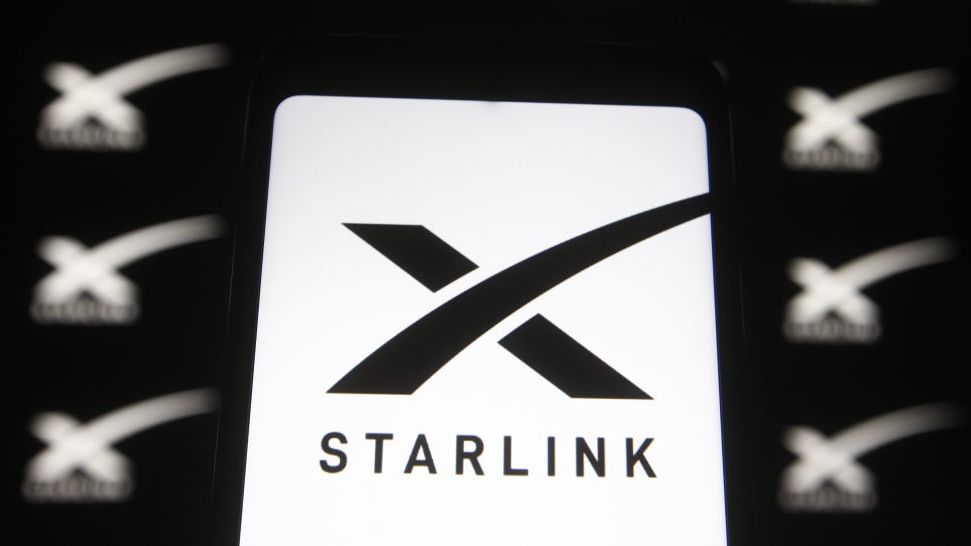Mobile banking apps are exposing user data to attackers
Positive Technologies’ study finds 13 out of 14 banking apps gave attackers access to user data

Positive Technologies has found that 14 banking apps available on iOS and Android were affected by vulnerabilities.
In 2019, Positive Technologies assessed the security level of a number of banking apps and found vulnerabilities in each one. Per the report, each vulnerability could be traced to faults in the application code, client-server interaction and the implementation of security mechanisms.
On the user-side, Positive Technologies found 13 out of 14 applications unwittingly gave attackers access to user data. For more than a third of the banking apps tests, vulnerabilities could be exploited without administrator rights. Further, 76% of these vulnerabilities could be exploited without the attacker having physical access to the account holder’s device.
On the server-side, researchers found servers contained 54% of all vulnerabilities identified in the study. According to Positive Technologies, each mobile bank had an average of 23 server-side vulnerabilities. Plus, at five out of seven banks, hackers were able to steal user credentials and at one-third of banks, users’ card information is at risk of being stolen.
Though these statistics are staggering enough, the FBI recently revealed a 50% increase in attacks against mobile banking apps since the beginning of 2020. In its announcement, the FBI said it expects threat actors to attempt to exploit mobile banking customers by using a variety of techniques, such as app-based banking Trojans and even fake banking apps.
To protect themselves, users should use two-factor authentication along with a strong password.
Sign up today and you will receive a free copy of our Future Focus 2025 report - the leading guidance on AI, cybersecurity and other IT challenges as per 700+ senior executives
-
 Microsoft unveils Maia 200 accelerator, claiming better performance per dollar than Amazon and Google
Microsoft unveils Maia 200 accelerator, claiming better performance per dollar than Amazon and GoogleNews The launch of Microsoft’s second-generation silicon solidifies its mission to scale AI workloads and directly control more of its infrastructure
-
 Infosys expands Swiss footprint with new Zurich office
Infosys expands Swiss footprint with new Zurich officeNews The firm has relocated its Swiss headquarters to support partners delivering AI-led digital transformation
-
 Why the Space Force wants white hats to attack a satellite
Why the Space Force wants white hats to attack a satelliteCase study Authorities hope the first-of-its-kind competition could bring benefits to the cyber sector
-
 OpenAI to pay up to $20k in rewards through new bug bounty program
OpenAI to pay up to $20k in rewards through new bug bounty programNews The move follows a period of unrest over data security concerns
-
 New ‘DarkBit’ ransomware gang shuts down Technion, demands $1.7 million ransom
New ‘DarkBit’ ransomware gang shuts down Technion, demands $1.7 million ransomNews A politically charged ransom note suggests DarkBit are one of the newest hacktivist gangs to emerge in recent months
-
 Research: Luxury cars and emergency services vehicles vulnerable to remote takeover
Research: Luxury cars and emergency services vehicles vulnerable to remote takeoverNews A "global API issue" has been highlighted through months-long research into brands such as Ferrari and Mercedes-Benz, leaving owners open to hacking, account takeovers, and more
-
 Podcast transcript: Meet the cyborg hacker
Podcast transcript: Meet the cyborg hackerIT Pro Podcast Read the full transcript for this episode of the IT Pro Podcast
-
 The IT Pro Podcast: Meet the cyborg hacker
The IT Pro Podcast: Meet the cyborg hackerIT Pro Podcast Resistance is futile - offensive biotech implants are already here
-
 SpaceX bug bounty offers up to $25,000 per Starlink exploit
SpaceX bug bounty offers up to $25,000 per Starlink exploitNews The spacecraft manufacturer has offered white hats immunity to exploit a wide range of Starlink systems, with a dedicated report page
-
 Nomad happy to forgive hackers if they return 90% of $190 million that was stolen
Nomad happy to forgive hackers if they return 90% of $190 million that was stolenNews The crypto bridge is offering 'white hat hackers' a 10% bounty following the attack earlier this week